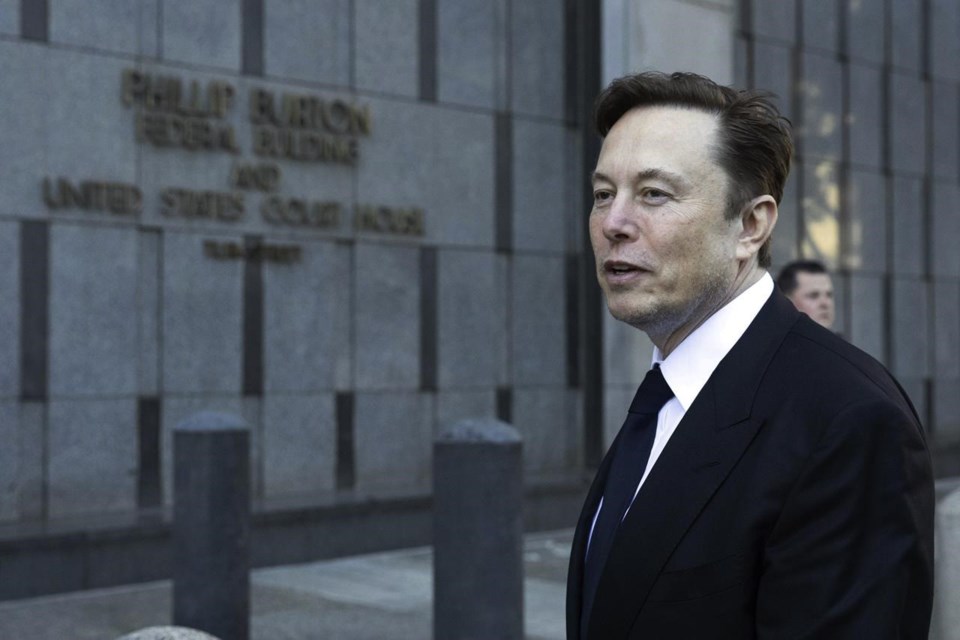Elon Musk’s brain implant company Neuralink says it's gotten permission from U.S. regulators to begin testing its device in people.
The company made the announcement on Twitter Thursday evening but has provided no details about a potential study, which was not listed on the U.S. government database of clinical trials.
Officials with the Food and Drug Administration wouldn’t confirm or deny whether the agency granted the approval, but press officer Carly Kempler said in an email that the FDA “acknowledges and understands” that Musk’s company made the announcement.
Neuralink is one of many groups working on linking the nervous system to computers, efforts aimed at helping treat brain disorders, overcoming brain injuries and other applications.
Earlier this week, for example, researchers in Switzerland published research in the journal Nature describing an implant that restores communication between the brain and spinal cord to help a man with paralysis to stand and walk naturally. There are more than 30 brain or spine computer interface trials underway, according to clinicaltrials.gov.
Musk – who also owns Twitter and is the CEO of Tesla and SpaceX – said last December that his team was in the process of asking regulators to allow them to test the Neuralink device.
The device is about the size of a large coin and is designed to be implanted in the skull, with ultra-thin wires going directly into the brain. Musk has said the first two applications in people would be to attempt to restore vision and try to help people with little or no ability to operate their muscles rapidly use digital devices. He also said he envisions that signals from the brain could be bridged to Neuralink devices in the spinal cord for someone with a broken neck.
After Musk made a presentation late last year about the device, Rajesh Rao, co-director of the Center for Neurotechnology at the University of Washington, said he doesn’t think Neuralink is ahead of other teams in terms of brain-computer interface achievements but is “quite ahead” in terms of the hardware in the devices.
It’s unclear how well this device or similar interfaces will ultimately work, or how safe they might be. Neuralink’s interface is considered an “investigational device” at this point, and clinical trials are designed to collect data on safety and effectiveness.
In its tweet this week, Neuralink said that it’s not yet recruiting participants for the study and will provide more information soon.
___
The Associated Press Health and Science Department receives support from the Howard Hughes Medical Institute’s Science and Educational Media Group. The AP is solely responsible for all content.
Laura Ungar, The Associated Press



